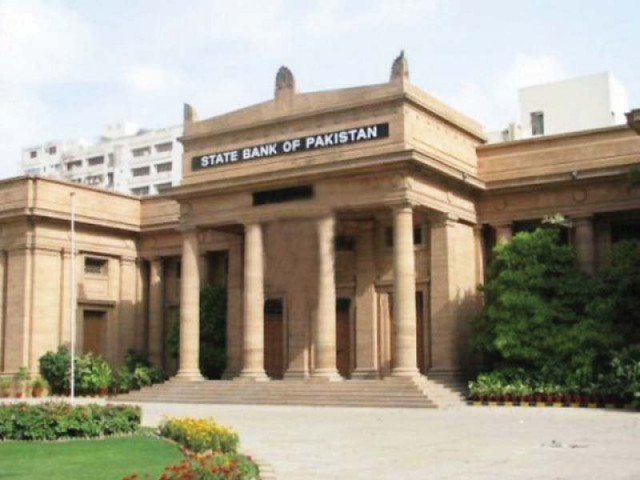Omni Group complains over SBP’s ‘treatment’, central bank denies allegation
Company brings up discussion on Rs37b worth of payments in Senate panel meeting

The borrower must meet all the terms and conditions agreed with the banks for one year excluding the grace period. PHOTO: FILE
“A Senate standing committee is not the forum for settling individual commercial disputes as its main role pertains to public matters as provided by Rule 166 of the Rules of Procedures and Conduct of Business in the Senate, 2012,” according to a written response of the SBP to the committee.
The Senate Standing Committee on Finance and Revenue took up on Thursday the issue of Rs37 billion outstanding loans on the request of Omni Group. Representatives of the company also requested media to highlight their plight.
In its response, the SBP said that Omni Group’s matter pertains to National Bank of Pakistan (NBP) and the bank may explain it to the committee. The company has complained that the central bank is pressuring commercial banks in rescheduling outstanding loans amounting to Rs37 billion.
“We are a national institution and no discrimination is done against any company or group,” SBP Deputy Governor Jameel Ahmed, told the committee. He said decisions regarding restructuring or rescheduling of bank loans are taken by banks themselves as per their credit policies and applicable rules and regulations.
But he said that the treatment of the rescheduled loans, which is done under prudential regulations that are publically available, is the responsibility of the central bank. The Omni Group will be given the same treatment that other companies have received in the past, the deputy governor assured. He said that the banks wanted to treat the restructured loans as regular loans which is not possible.
There were two conditions for restructured loans, said SBP’s Banking Supervision Executive Director Inayat Hussain. He said that firstly, the borrower must meet all the terms and conditions agreed with the banks for one year excluding the grace period and secondly, the borrower should return a minimum 10% of the outstanding loans.
Implementation of these regulations is a must to make sure that banks remain safe and secure, said Hussain.
The Omni Group’s total exposure is Rs37 billion against Rs45 billion worth of assets it pledged to banks, said Omni Chief Operating Officer Salman Younus. Since 1999, the group never defaulted on its obligations except once due to a gap in interest payments, he added. He said that since August last year, the group’s loans have been classified.
But the SBP deputy governor said that less than 10% of the total outstanding loans against the group have been classified.
“We are at risk of a shutdown and there is political victimisation of the group,” Younus claimed.
In 2012, an inspection report of SBP raised many objections on Rs11.8 billion lending by a government-owned bank to 12 companies of the Omni Group. The inspection report noted that the company owners skillfully avoided default through various business and accounting moves including regrouping the companies.
While commenting on loans to six sugar mills of Omni, the SBP inspection report stated that all the borrowers had to be classified in December 2011. However, the SBP provided relaxation of the classifications. The inspection report revealed that the bank converted running finance facility and cash flow financing into demand finance with grace period in repayments of principle for two years.
At the same time, repayments due for existing demand finance facilities were also deferred for two years. “Mark-up due on all facilities was converted into frozen markup facility to be paid in the next two years,” according to the report.
Published in The Express Tribune, February 2nd, 2018.
Like Business on Facebook, follow @TribuneBiz on Twitter to stay informed and join in the conversation.



















COMMENTS
Comments are moderated and generally will be posted if they are on-topic and not abusive.
For more information, please see our Comments FAQ